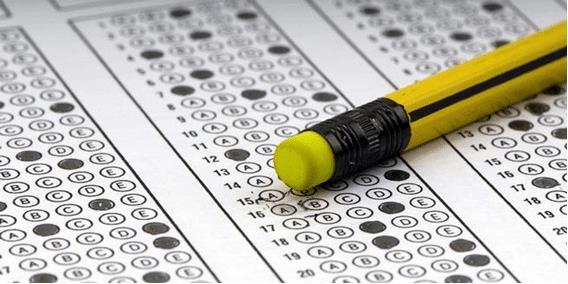If you’re studying for your GCEs, you know how important it is to do well. Here are some tips to help you study for your exams and get the best results possible.
First, make a study plan. Decide how much time you need to devote to each subject, and make sure to schedule in some breaks. Next, create a study space that’s comfortable and free from distractions. And finally, find a study method that works for you. Some students prefer to study with friends, while others prefer to study alone.
Whatever study method you choose, just make sure to start early and stay disciplined. With some hard work and dedication, you’ll be able
Make a schedule and stick to it
As the end of the school year approaches, students across the country are preparing for their final exams. For many, this means studying for and taking the General Certificate of Education (GCE) exams. If you’re one of those students, you may be wondering how best to prepare for these important tests.
One of the most important things you can do is to make a study schedule and stick to it. This will help you make the most of your study time and ensure that you’re covering all the material you need to know. It’s also important to take practice exams under exam conditions so that you can get used to the format and timing of the real thing.
Of course, studying isn’t the only thing you can do
To help you get ready for your GCE exams, the Sun Herald put together a free guide full of study tips, question samples and practice tests. You can download the guide below.
But beyond just studying, make sure you’re taking care of yourself as well. This can include getting enough sleep, eating healthy meals and managing your stress levels. Whatever you do, don’t put off your preparation work: Long-term stress is known to affect brain functioning and affect performance on exams.
Choose your study method
There are many different study methods that people choose from when they’re preparing to take exams. Some common study methods include flash cards, rote memorization, reading textbooks, listening to audio lectures or podcasts, and peer tutoring.
Perhaps the most debated and controversial method is reading a textbook. While textbooks are a great resource for aggregating a large body of information, some students wonder whether they should be the primary resource for studying for an exam. After all, wouldn’t it make more sense to read the material once and then be able to recall everything?
The answer to that question depends on a few factors. First, how well does the textbook align with the actual exam? Does the textbook cover just one topic or does it present information in a specific way that helps students identify key concepts and ideas? Also, how interactive is the material? Does it require the reader to make notes, highlight passages or do any other form of writing? If so, then perhaps reading a textbook might be beneficial for exam preparation.
Another resource that many students wonder about is online tutors or teachers. While online tutoring can be a great resource for students, it’s important to select a reputable source. Make sure the website offers professional educators rather than just people who studied education at some point in time. Visit the website during a stressful time such as a school holiday or right before exams are scheduled to begin and see how they handle those situations. Do they still maintain clean communication lines or are they constantly adding new employees, which makes it hard to establish a consistent relationship with a particular teacher?
Of course, the most traditional way to study is through group studying. Getting together with a small group and discussing key concepts and ideas is a great way to learn the material inside-out. Teachers in schools across the world often emphasize the value of peer teaching, arguing that students make great teachers for each other. It’s important to always maintain privacy when it comes to education, but establishing peer teaching groups in quiet places away from the classroom is a great opportunity to benefit from a hands-on leader.
No matter what strategy you choose, it’s important to practice continuously.Reading





